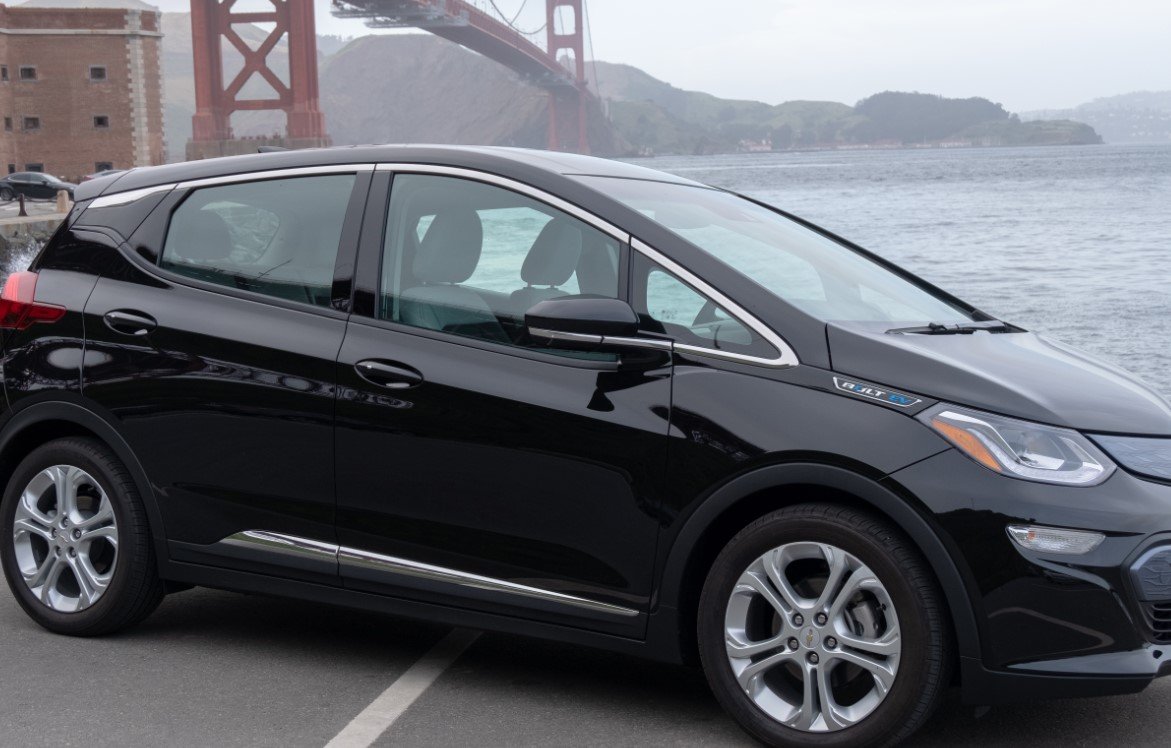The UAW has long been a dominant force within the American automotive industry, but its influence on foreign carmakers has been limited. Now, with a series of successful negotiations with Ford, General Motors, and Stellantis under its belt, the union is looking to extend its reach. The recent push includes efforts to unionize workers at companies like Toyota, Honda, and Tesla.

The union’s strategy involves leveraging its recent contract victories, which secured substantial pay raises and benefits for its members, to attract workers from foreign manufacturers. These companies, aware of the UAW’s intentions, have responded with wage increases of their own in an attempt to deter unionization efforts.
A Global Shift in Labor Relations
The UAW’s campaign comes at a time when the automotive industry is facing unprecedented challenges, including supply chain disruptions and a shift towards electric vehicles. The union’s success in organizing workers at foreign manufacturers could lead to a more unified labor front, with potential implications for global labor standards and practices.
As the UAW targets companies across the spectrum, from traditional automakers to electric vehicle startups, the industry is watching closely. The outcome of these efforts could redefine the balance of power between workers and employers, not just in the U.S., but around the world.
The Road Ahead for the UAW
The UAW’s campaign is not without obstacles. Foreign carmakers have historically resisted unionization, and the union will need to navigate a complex landscape of cultural, legal, and economic factors. However, the UAW’s leadership is confident, and its aggressive approach signals a new chapter in the history of American labor movements.
The potential unionization of foreign carmakers’ workforces could lead to a more competitive and equitable industry. As the UAW continues its push, the eyes of the world will be on the United States, where the future of auto manufacturing labor relations is being written.
















